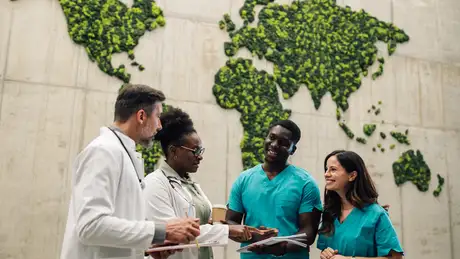
Weaving the WAVE: Navigating trade-offs in co-producing a Nordic marine bioeconomy
Planetary health is under threat, and the need to rethink our relationship with the ocean has never been more urgent. In this text we present WAVE, a new Nordplus project designed to transform marine "waste" into valuable skills and opportunities. In this blog post, we take an unusual step. Instead of reporting on completed work, we apply recent research on co-production to map out the tensions and design choices we face right at the start – using transparency as a tool for better management.
Category: Publication







